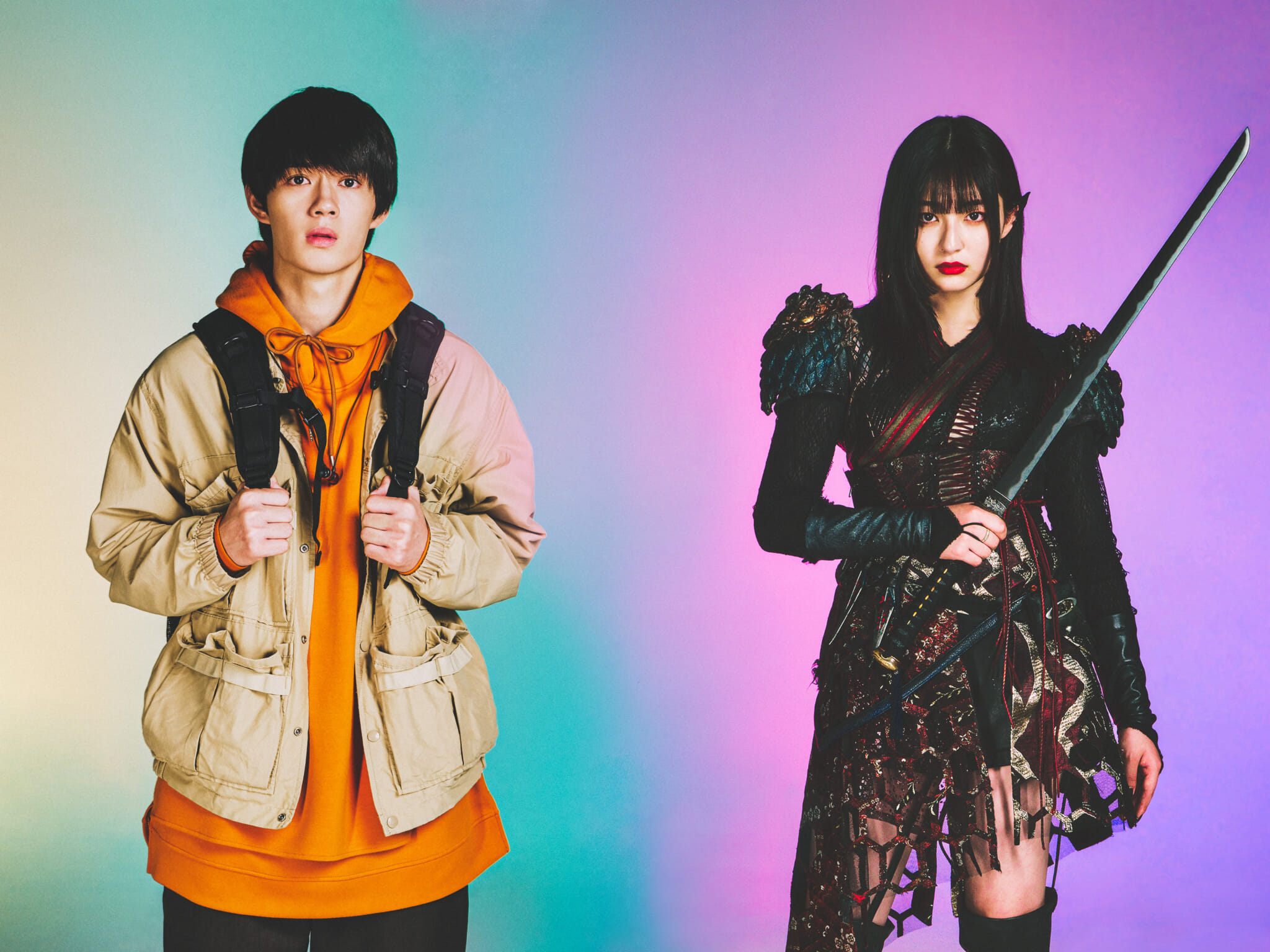A light-hearted romantic drama fantasy that blends humor with horror, My Undead Yokai Girlfriend tells the story of a unusual relationship between college nerd Tadashi “Hachi” Inukai and a demonic yokai (supernatural being) named Princess Izuna-imiki (nicknamed Izzy). The former, played by the popular idol and actor Hayato Sano, casts a spell to try to summon a girlfriend. It kind of works as Izzy (Ai Yoshikawa) turns up the next day, demanding that they have sex right away in the campus courtyard. We soon learn, however, that she has come from the past to settle a score from 500 years ago.
The unusual story, which premiered on Prime Video on March 22, was co-written by American duo Yalun Tu (NCIS Hawai’i) and Zach Hines (Grace), with Takahiro Miki (The Door Into Summer) taking on directing duties. Tokyo Weekender recently caught up with all three to hear more about the project.
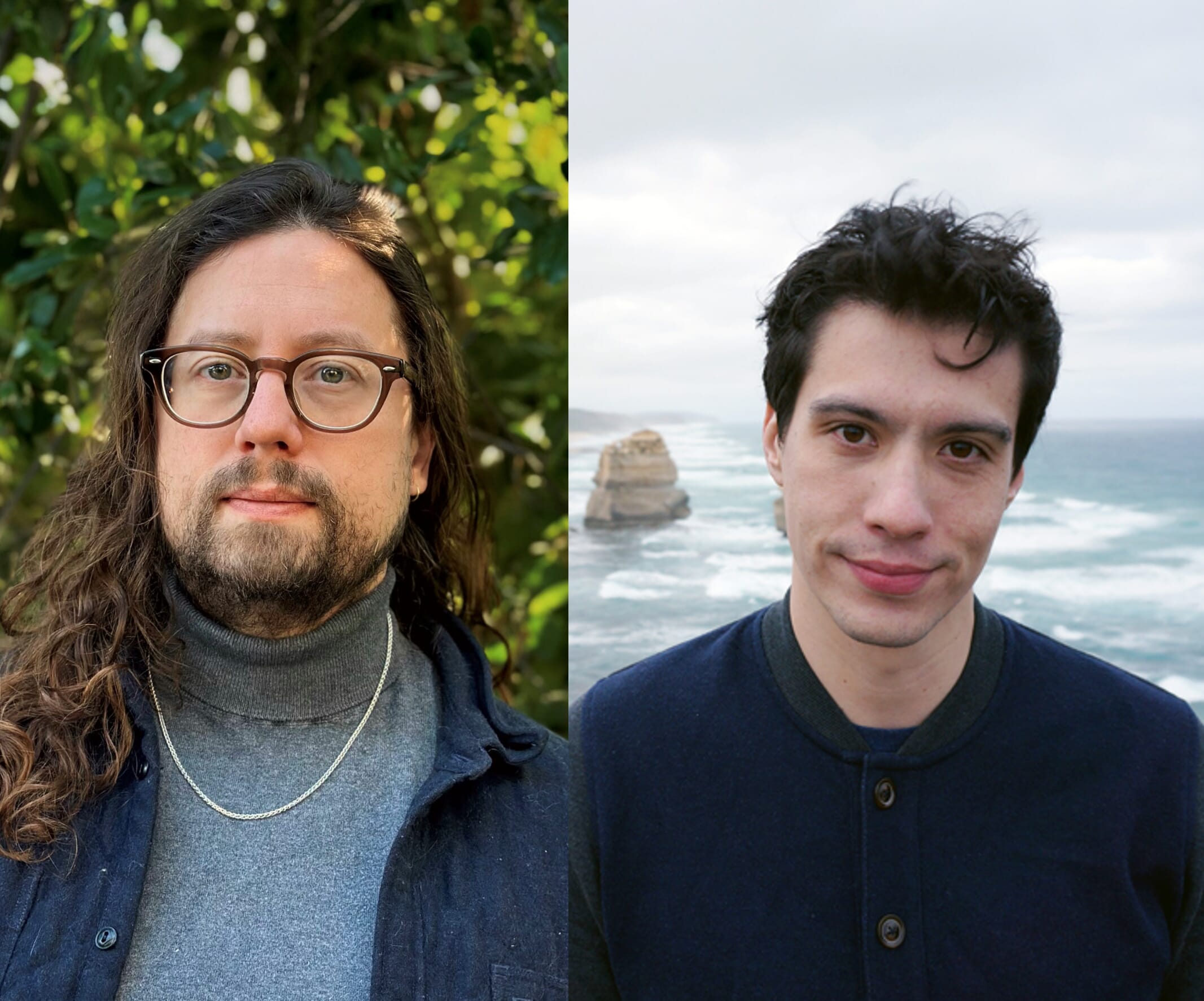
Zach Hines (L) and Yalun Tu (R)
Full Interview with the Team Behind My Undead Yokai Girlfriend
Where did the idea for My Undead Yokai Girlfriend come from?
Hines: The show comes from the experience of facing impossible choices in relationships. Like if you want to live in the city but your partner wants to settle in the country. Or if you want children and your partner doesn’t. Either you must give up your dreams, they have to give up their dreams, or you need to give up your love. It’s the same thing in our show, except the choice is to either accept your girlfriend’s demonic murderous revenge quest or give up on love.
How did Amazon Studios react to the project?
Tu: When we first brought the idea to Amazon, the people there loved the core concept of the series, especially the blend of romance, comedy, action and horror. They really wanted us to push the show further and make it bigger and more epic than what we initially pitched them. They also had a lot of thoughts for making it authentic for Japan. The whole thing was a big challenge. And it was cool that Amazon was willing to take the risk with us.
What was the biggest difficulty you faced creating a Japanese story?
Tu: We’re not Japanese so there were many elements we didn’t understand as well as local Japanese writers. We did lots of research and tried to be as respectful as possible, but that’s no substitute for growing up fully in the culture. What we wanted to do was create a framework for a TV series about a love story whose themes we thought were universal, and then rely on our Japanese executives, writers, producers and researchers to do their best to develop a story and mythology that felt unique but also culturally rooted.
What kind of research did you do on yokai and otaku culture?
Hines: For otaku culture we talked to counterparts and read what we could. We also drew from our experiences as there are many otaku types in America, especially online. It helped that we’re huge fans of anime and manga, so we’re familiar with many tropes of obsessive nerds. Plus, we’ve traveled a lot in Japan and lived for a while in other parts of Asia, especially Hong Kong, which has a strong otaku scene.
Learning about yokai was a different story. That was the most fascinating part of the research experience. Amazon set us up with a Japanese researcher named Yo Frank. He was very knowledgeable and great at explaining the nuances of yokai mythology. It was fun to imagine different types of yokai. We tried to maintain an outsider’s perspective on it, so it felt different from more typical yokai stories. We also hope we can get a second season and explore more types of yokai in the series.
How would you compare creating something like this to, say, NCIS: Hawai’i?
Tu: Productions in Japan are very different from ones in America. Everyone is respectful and polite, and every department really pours their heart into the project. Sets are quiet, professional and focused. We loved the experience. Many of the differences were also due to format more than culture. For instance, with NCIS: Hawai’i we do 22 episodes a season, so we’re often outlining one episode, writing another and filming all at the same time, whereas for streaming services like Amazon, all episodes were written before filming, and we had the same director for all of them instead of several as is often the case in America.
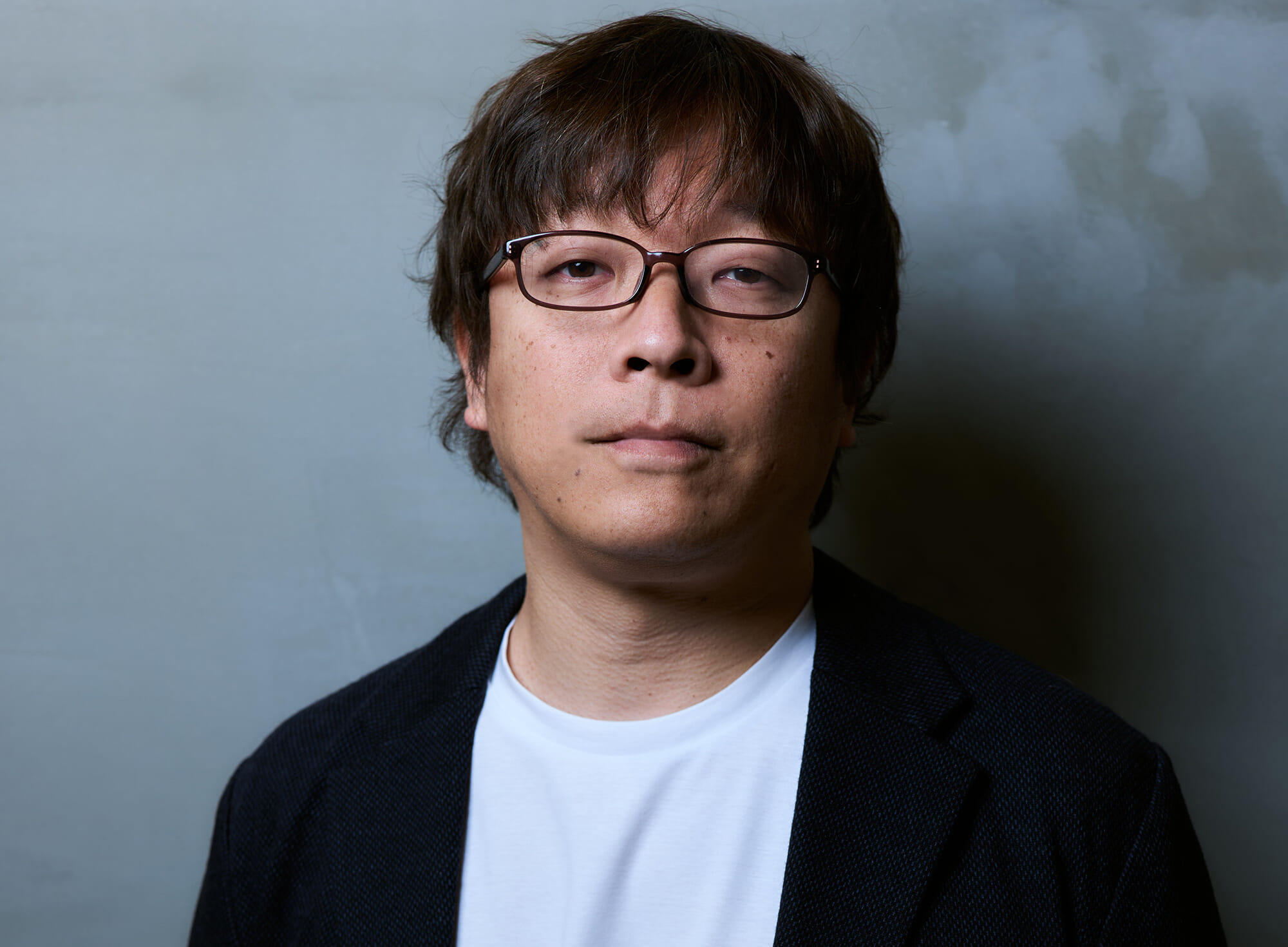
Takahiro Miki
Takahiro, what were your initial thoughts when you read the script?
Miki: I was impressed by the meticulously written setting materials, known as the bible, which was necessary for the project to proceed. The drama between the two main cast members alone was interesting, but all the sub-characters were also so lively. It was, therefore, lots of fun just thinking about the casting.
What led you to select Hayato Sano and Ai Yoshikawa in the lead roles?
Miki: For Hachi we needed someone who could play the role of a dull geek with a kind-hearted sincerity, while for Izzy we wanted someone with a mysterious, old-fashioned beauty and a sense of comedy, and with that in mind we came across Hayato and Ai.
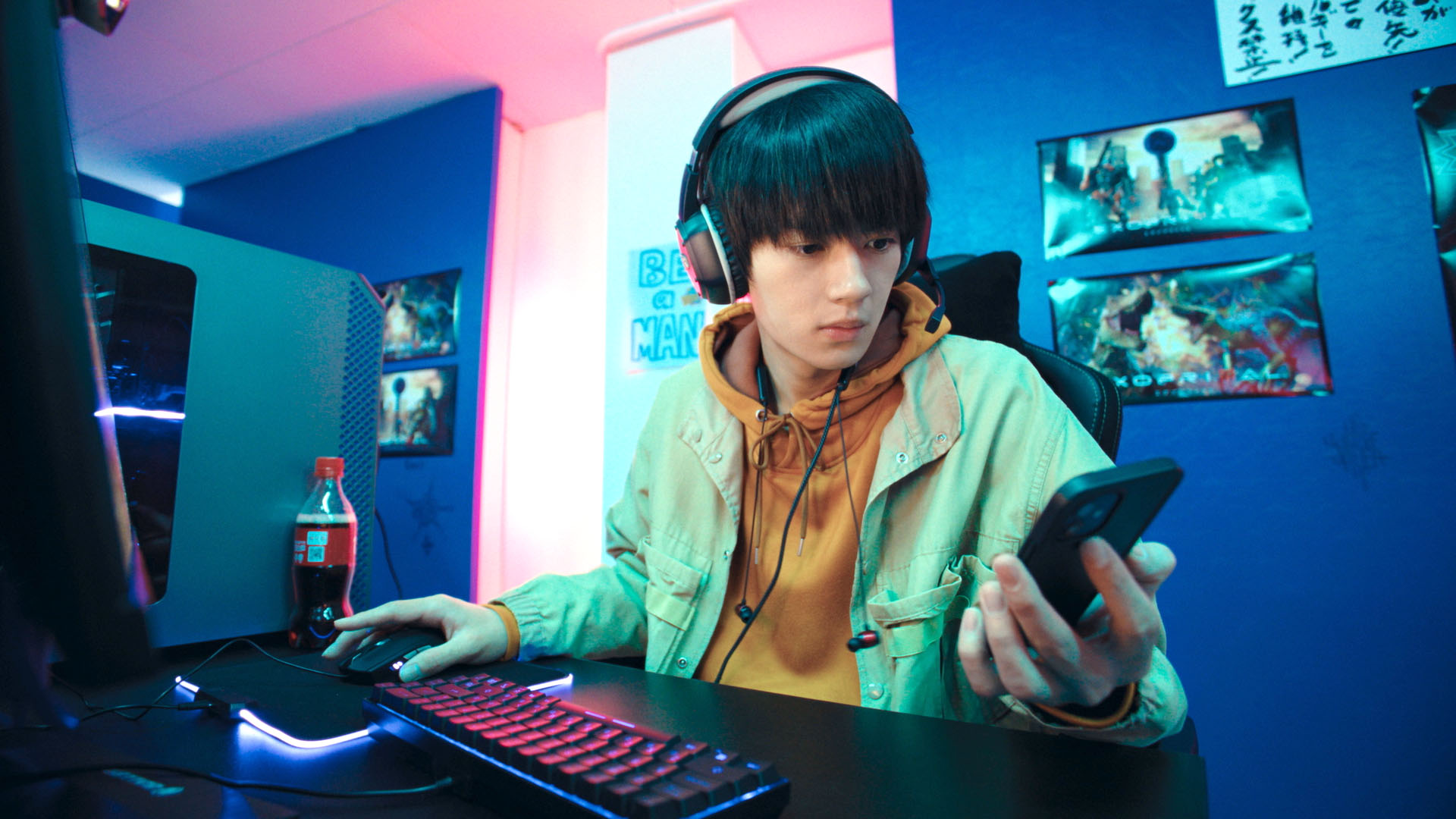
Hayato Sano ©2024 Amazon Content Services LLC or its Affiliates
What were they like to work with?
Miki: I worked with Hayato in his first movie role, Have a Song on Your Lips, and I was surprised to see how much he’s grown as an actor. As well as his own character, I think he understood the tone of the drama as a whole and tried to convey that mood to the other cast members. Ai is a fan of anime and manga and liked the character Izzy very much. I was impressed by the way she proposed a princess hairstyle, the wildness of the way she ate the crepe and the way she consciously tried to make her movements and facial expressions a little out of the ordinary.
What was your favorite scene from the series?
Hines: There are so many. One of our favorites is at the end of the second episode. Hachi and Tanuki have been trying to figure out a way to undo the spell that summoned Izzy into our world. They come up with a crazy plan, and then… Well, Izzy shows up and it gets complicated. It always gets complicated when Izzy shows up. The scene at the end of this episode is a good metaphor for the thrills and dangers you experience in a new relationship, and how it could challenge what’s old and comfortable in your life. We also thought the scenes where Izzy adjusts to normal human life to be delightful and really enjoyed those.
Miki: It was the first time for me to shoot full-scale action, so all the action parts were lots of fun, but the action scene in the kitchen in the third episode was especially successful because the action team and I were able to create a sword fight that made the most of the location.
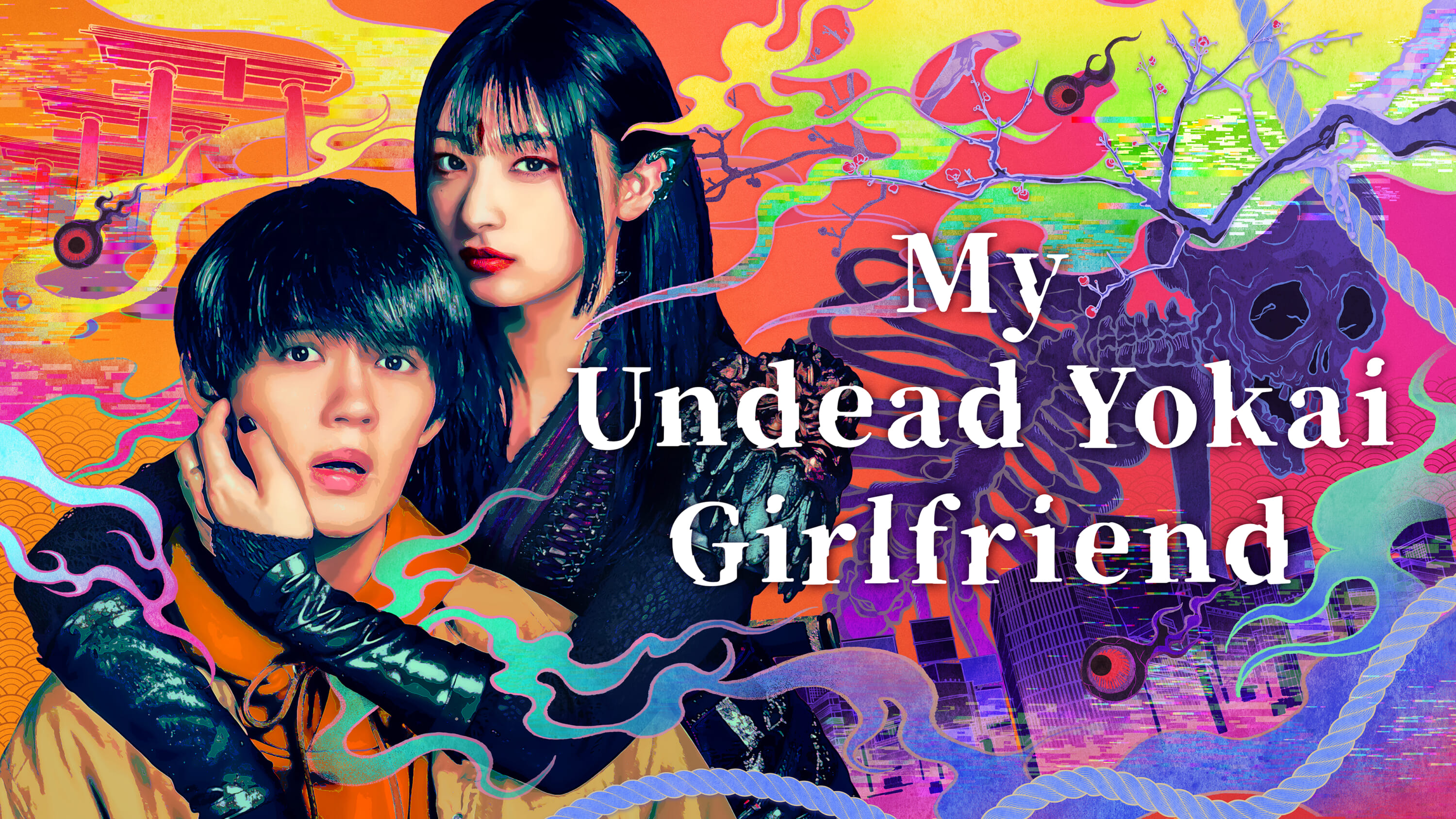
©2024 Amazon Content Services LLC or its Affiliates | Exclusively streaming on Prime Video
What were your overall thoughts about the finished project? And what do you think is the appeal of a drama like this for Western audiences?
Tu: The show’s better than we could have imagined. For years, it was just an idea in our heads. Then it was just some words on paper. And then, for a few more years, it was storyboards with Amazon Studios. But now, it’s finally come to life. Our director, Miki, made it all happen. He’s enormously talented. His vision for the show is what brought it to life. His production team was also fantastic. We also must credit the incredible performances that brought it to life. Hayato Sano is incredible as Hachi. Very funny and relatable. We can’t say enough good things about him. But Ai Yoshikawa deserves a special mention, too. Izzy is a larger-than-life character, and Ai brought her to life like no one else could.
Miki: It’s a series that mixes aspects of modern pop culture, such as e-sports, human beatbox, as well as anime and manga inspired characters. There’s also the traditional beauty of swordplay and locations in Kyoto that Japanese action teams are well-known for. We believe we’ve created a drama filled with ancient and modern Japanese charm that will excite people overseas.
Related Posts
- Actor Takao Osawa Goes Rouge With New Nautical Adventure
- The Bachelor Japan Season 2 Stars on Tears, Drama and Finding a Life Partner
- Meet Moeko Fukuda, Japan’s First Bacherlorette
Updated On May 1, 2024

